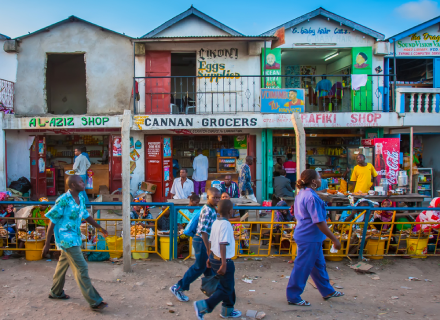Businesses from the East African Community (EAC) are now entering Kenya’s important industries, such as manufacturing, services, oil and gas, and agriculture. Kenyan companies have historically dominated forays into the region’s markets.
Deeply wealthy investors in companies from EAC nations like Tanzania, Uganda, Rwanda, and Somalia have been extending their reach into the nation, endangering the long-standing dominance that has been almost entirely enjoyed by residents and companies from outside the region.
Regional companies are becoming more interested in the Kenyan market. This is in response to years of expansion into the EAC market by numerous Kenyan companies, including banks, insurers, manufacturers, Taifa Gas, Maziwa, Premier Bank, Yego Global, Liptons Teas, and Infusions Rwanda.
According to data from the trade bloc, the EAC region had a population of 300.4 million and an economy valued at USD 312.9 billion at the end of 2021.
The Tanzanian company has promised to upend National Cement Company, Mombasa Cement, and East Africa Portland Cement Company to solidify Bamburi’s position as a “leading” cement player in the East African cement market.
The announcement of Amsons’ planned entry into the market comes just three months after Pearl Dairy Farms, the well-known milk processing company in Uganda and owner of the Lato brand, was permitted to purchase a dairy company in Kenya, allowing it to get past obstacles that had been preventing it from selling and supplying its goods in Kenya.
The Comesa Competition Commission approved Maziwa, the non-operating holding company incorporated in Mauritius, to purchase a 100% interest in Highland Creamers and Food Limited, a Kisii-based company that began operations in 2015 and is the company behind the Family Milk brand, in a notice dated March 11.
“The access to the two separate milk pools in Kenya and Uganda, will also allow for growth in the local Kenyan market without dependency on imports from other nations,” Pearl Dairy said on getting the approval.

